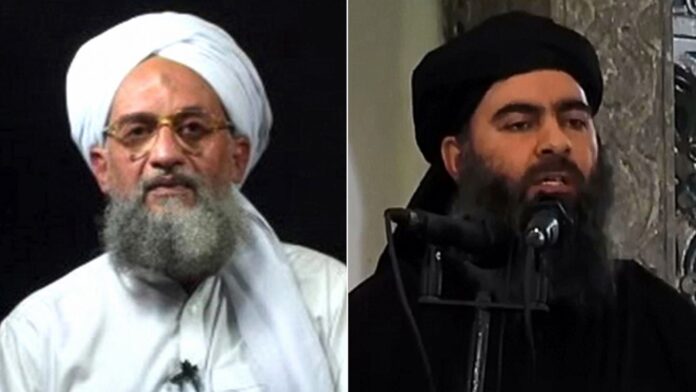Author: Cole Bunzel
Affiliation: Hoover Institution (Stanford University), and Editor of the blog Jihadica
Organization/Publisher: Foreign Affairs
Date/Place: September 14, 2021/USA
Type of Literature: Article
Word Count: 3125
Link: https://www.foreignaffairs.com/articles/afghanistan/2021-09-14/al-qaeda-versus-isis
Keywords: Al Qaeda , Afghanistan, ISIS
Brief:
Through this article, Jihadica blog editor Cole Bunzel stokes the fears of the international community and the United States after the Taliban has regained control of Afghanistan, claiming that the Taliban—which has a history of harboring terrorist groups such as Al-Qaeda and the Islamic State—is unable to contain them as these two organizations compete over the roles they will play in Afghanistan and the world. Since the rise of ISIS in 2013 and its declaration of a caliphate the following year in the territories it controlled in Iraq and Syria, al-Qaeda has sought to position itself as the more moderate and pragmatic of the two groups. Led by Ayman al-Zawahiri, al-Qaeda confirmed its loyalty to the Taliban. Al-Qaeda was cohesive in a semi-caliphate association under the auspices of the Islamic Emirate of Afghanistan. However, all of this contradicts the text of the February 2020 agreement between the US and the Taliban. The Taliban promised to stop supporting al-Qaeda and enter into peace talks with the Afghan government. However, al-Qaeda’s senior leadership does not appear to have been offended by the agreement. In March 2020, the group issued a statement congratulating the Taliban on the promised US withdrawal. Although the relationship continues, the Taliban has a strong interest in reining in al-Qaeda at a time when the Taliban seeks international recognition and acceptance. The Taliban’s second attempt to rule Afghanistan involves balancing between sticking to its hard-line principles and making practical concessions to secure its rule—and its relationship with Al Qaeda may follow the same dynamics. For ISIS, the idea that the Taliban achieved any “victory” in Afghanistan is laughable. What happened, in its view, is that the US willingly handed over power to the Taliban, which had become a de facto agent of the US. Both al-Qaeda and ISIS face severe challenges in trying to re-establish themselves in Afghanistan. The resurgence of the Taliban could create the most significant opportunity for al-Qaeda to reconfigure and reorganize in more than a decade. The US and its allies must remain vigilant and proactive lest one or both of these groups return to power.
By: Taqwa Abu Kmeil, CIGA Research Assistant




